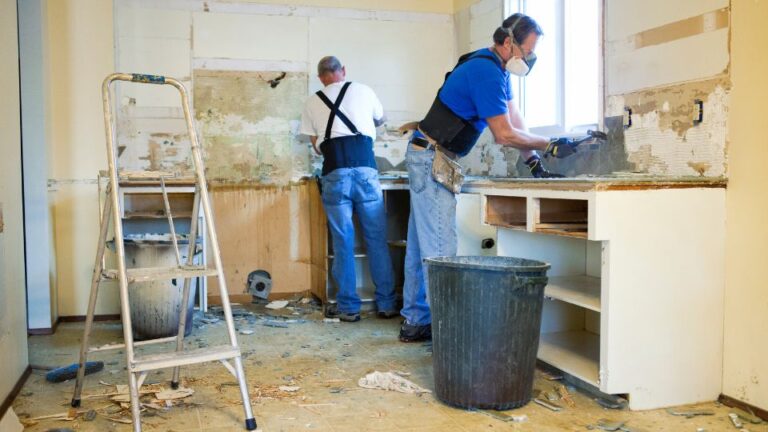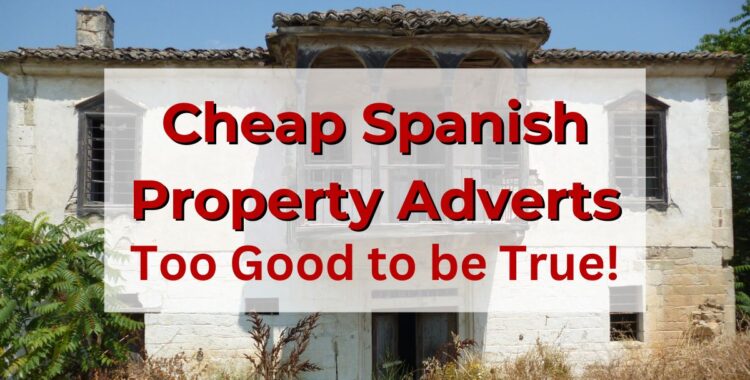Probably Too Good to be True?
The Hidden Costs of 'Cheap' Spanish Properties: What to Watch For
Are those social media ads showcasing beautiful Spanish villas for under €50,000 capturing your attention? They should, but for the right reasons. As the allure of owning a holiday or permanent home in Spain continues to draw in many from northern Europe, the UK, Ireland, and the US, it’s crucial to understand what you’re potentially getting into. Today, we break down the pitfalls of falling for ‘cheap’ Spanish property advertisements.
1. Additional Costs
Spain’s real estate may seem affordable, but the displayed price tags often don’t include additional necessary expenditures. For instance, a seemingly inexpensive €50,000 property can actually cost around €58,000 after accounting for property taxes, fees, VAT (10% of the property price), legal fees (typically 1.5 – 3% on this price of property), notary fees, and mortgage stamp duty (if applicable). These add up to approximately 13-15% of the property’s total cost. Plus with the market the way is, with so many properties being built, there is a shortage of skilled builders available to work. So given this you might have a very long wait until the builder has time for you.
2. Renovation Requirements
Many of these budget-friendly properties require significant renovations. In Spain, nearly all types of refurbishments, even minor ones like installing a new kitchen, necessitate planning permission from local authorities. Costs can skyrocket with architect fees and town hall charges, which can range from 2-6% of the total renovation expenses.

3. Illegal Properties
A surprisingly easy mistake to make in Spain is purchasing an illegal property. Issues can range from illegal extensions to homes built on protected rural land or too close to the coast, violating the Ley de Costas aimed at protecting Spain’s coastlines. Rectifying these issues can be expensive and sometimes impossible, complicating future sales. This is why you NEED a competent lawyer in your corner, fighting for you to make sure all of the paperwork and previous changes are legal.
4. Restrictions on Rentals
With Spain tightening regulations around tourist rentals, potential rental income should not be counted on to offset property costs. Recent legislation in cities like Málaga, Seville, and Barcelona has introduced more stringent rules that could limit your ability to rent out the property.
5. Rural Properties and Inheritance Issues
Properties in depopulated areas, often termed ’empty Spain’, might be affordable but come with their own set of challenges like limited access to services and infrastructure. Additionally, understanding Spanish inheritance laws is crucial as they can impose significant taxes on your heirs, varying widely by region.
At SGM Abogados, we advise thorough due diligence and consultation with legal experts before proceeding with any property purchase, especially those that seem enticingly cheap. The true cost of owning your Spanish dream home may be more than it appears at first glance. For more detailed guidance tailored to your specific circumstances, feel free to contact our team of experts in Benijofar.











